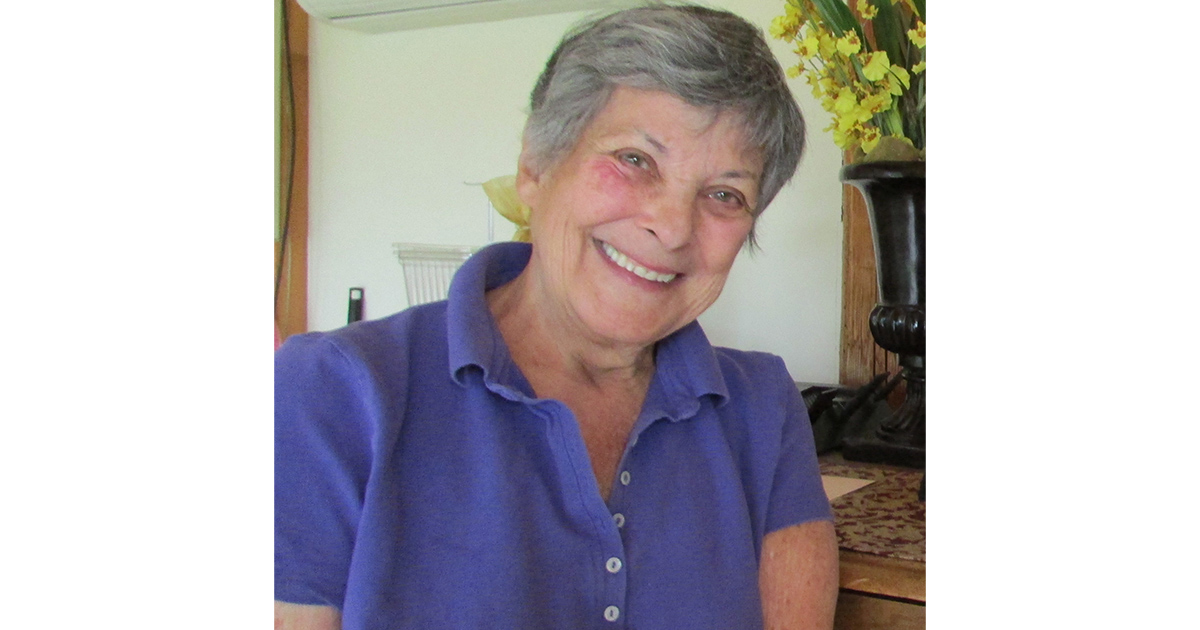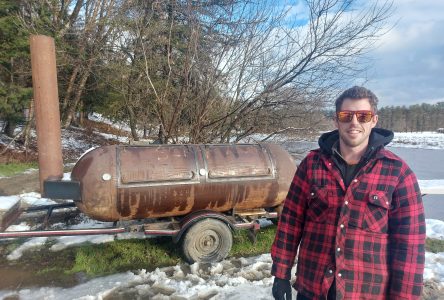Many of these columns have been about the unintended consequences of COVID-19. Here’s another one that hardly anyone wants to address: death. It’s an important topic even if you’re not old, because COVID has shown us that sometimes there’s not a lot of time to think about and then tell your family how you want to be treated when you’re too ill to care for yourself, and what you want to do with all the things you’ve accumulated and treasure.
Much as these are conversations most of us don’t want to have, they will turn out to be the best gift you can give to yourself and your family – knowing instead of guessing – how you feel about getting old, getting sick, what treatment you want or don’t want, what unresolved differences you’d like to clear up with particular friends or relatives, who you’d like to have your mother’s blue pie plate, where your financial assets are and who you’d like to pass them on to, so many things.
Writing a will gets you halfway to solid death preparations. Talking about your plans for death is the other half. It’s the only way the people you care about can all be on the same page about your wishes, and it’s harder for anyone to hold grudges or feel cheated.
You may already know that, barring accidents, there are really only three ways to reach the end of your life. You can get a fatal disease. Treatment may help, but eventually the body is overwhelmed and death comes fairly quickly. You can have a chronic disease — emphysema, for example. It’s treatable but there are lots of relapses until the body can no longer withstand even minor stresses. Or you can just get old age and frail — no life-threatening disease, but just the “accumulated crumbling of one’s bodily systems,” says Atul Gawande , a surgeon and author of Being Mortal: Medicine and What Matters in the End. “Eventually,” he writes, “one too many joints are damaged, one too many arteries calcify. There are no more backups.” How do you want to be treated?
Falls have the dubious honor of being the top cause of injury and injury-related deaths in people older than 65. Some studies show that up to 50 per cent of people with hip fracture die within six months and many of those who survive don’t recover their baseline independence and function. Where will you live and who will look after you?
We all know the record of long-term assisted living facilities during COVID – 81 per cent of all reported COVID-19 deaths in Canada were among residents of these establishments. What do you want to do when you’re older? If you want to stay at home as most seniors do, what kind of modifications do you need to make to your home to make it easy to stay there?
Just as most of us do a housecleaning in the spring or fall, we need to organize our financial house as well. Do you have a will and a mandate for your personal care and a power of attorney over your financial affairs? Is there an accessible folder that says where important documents like insurance policy numbers, bank accounts, loved one’s contact information, your lawyer or notary’s contact information are? Can you imagine how difficult it will be for someone to find these things if you are unable to tell anyone? And what about this situation: something happens to you and you can’t look after yourself and you can’t tell anyone what you want. What medical treatment do you want – feeding tubes? ventilators?
If you’re interested in having a conversation about all this stuff, let me know – maybe a seminar or workshop is in our collective future.
Dian Cohen, C.M., O.M., economist
cohendian560@gmail.com
Subscribe now for full story and more.






